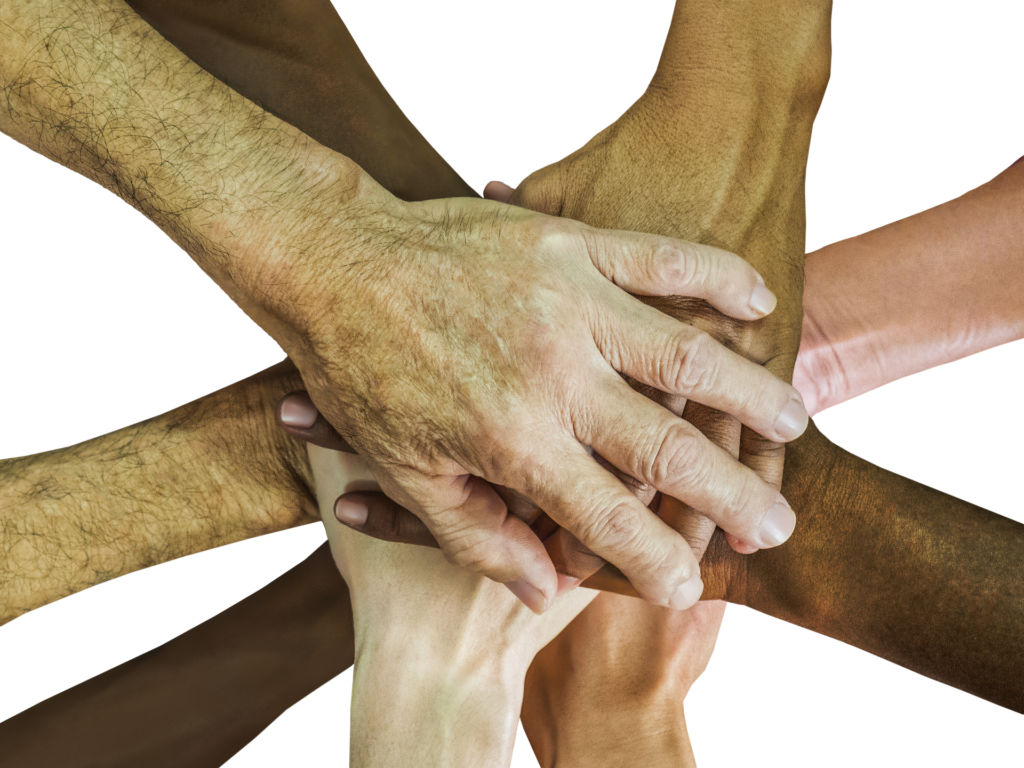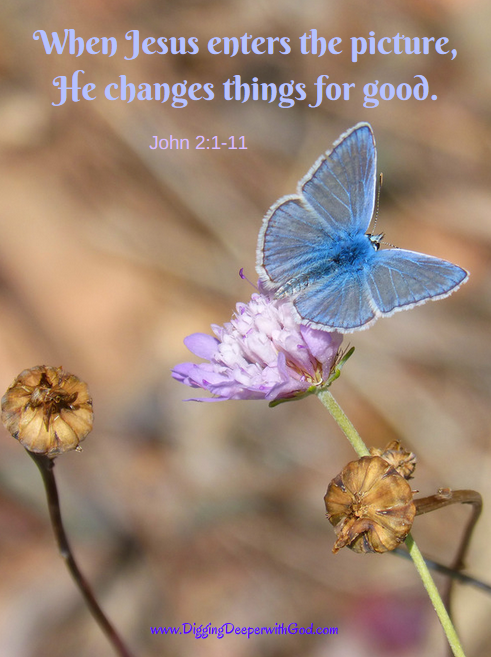Racism Is Not OK: Where Do We Start?
Not one to watch the news much anymore, I learned about the events in Charlottesville, Virginia, while scrolling through Facebook. It took me a few moments to grasp the enormity and the reality of the situation. I felt like I was seeing pictures from history books of conflicts long resolved. Not so.
What is replaying, and how could this be? How have we failed another generation in this way?
If you’re having trouble thinking racism is really real, think again. See this article, which details a movement to buy land and create planned communities for white nationalists. What?!
On any level, from any angle, racism is not OK.
Where do we start? How do we talk with our friends and our children about it? How do we stop this?
I remember being on the road when one of the too-many police brutality cases appeared on the television screen inside the convenience store where we had stopped for gas. My niece looked questioningly at the screen, not able to rectify the images with her known world. Ugh, I did not want to deal with this. But I did. I explained what was going on, and we talked about the rights and wrongs. It all seemed too soon to me for her world–where everyone was a friend and the nice police were to be turned to for help–to be tainted.
Several years ago, back when I was watching the news, my local television station covered a story out of a small town in the middle of Kansas. It didn’t make national news, and there’s not a link for you to find the story. No one covered it. But it was phenomenal.
A white supremacist had wanted to start a community center for the youth in the little town. Guess what? The parents didn’t want it. They did not want their children to be influenced in this evil way. So what did they do?
They did not keep silent.
They crowded the city council meeting, and person after person stood to testify why the white supremacist’s request should not be approved. Every adult that I saw at that meeting was white. They were united and strong and bold, fighting for the hearts of their children. Fighting for what is right.
They cleared their schedules. They wrote speeches. They stood up in that little room and fought for their children’s hearts.
And they won. The council found some way to vote against the plan and kept the “community center” from being established.
I’ve been thinking about what that town’s children and teens learned in that experience. Picture it: Mom and Dad heard the news from somewhere: this appalling philosophy of life coming right to their doorstep. They talked about it at the dinner table and in bed with each other at night. What will we do? This is not what we want our kids to learn.
They hatched a plan. They gathered with neighbors. Perhaps their kids died of embarrassment that their parents ended up on TV, fumbling through home-written speeches.
But they won. At least that battle. And their kids saw their willingness to stand up against the wrong and fight for humanity, equality, justice. They fought for their kids. They fought for pure hearts.
We can do the same. In our homes, in our schools, in conversation after correcting conversation with our kids and their friends. We have to do this.
Racism is not OK. Where do we start? By not covering it up or pretending it doesn’t exist. By talking about it openly and addressing it head-on. It is not OK.
Print


